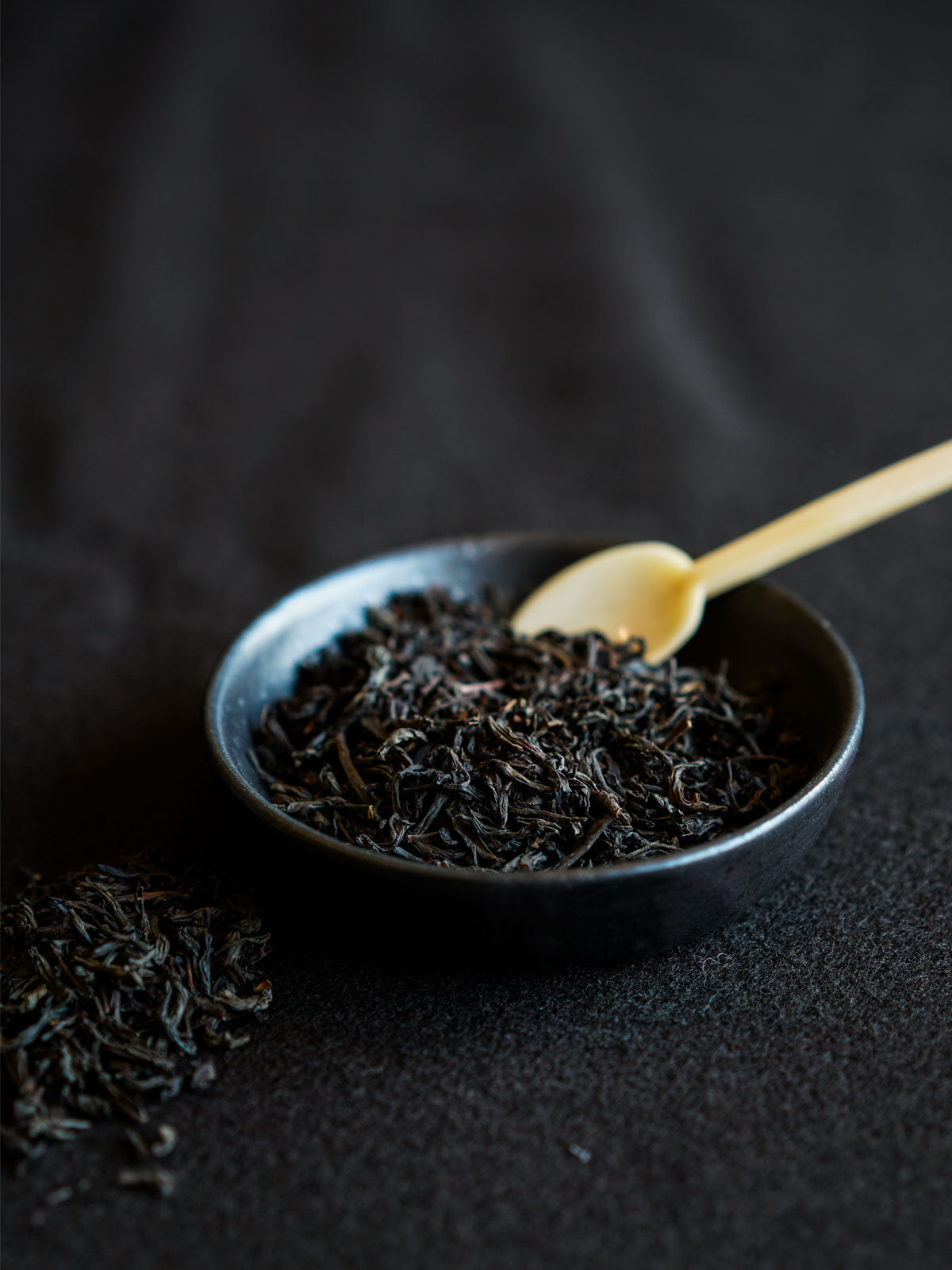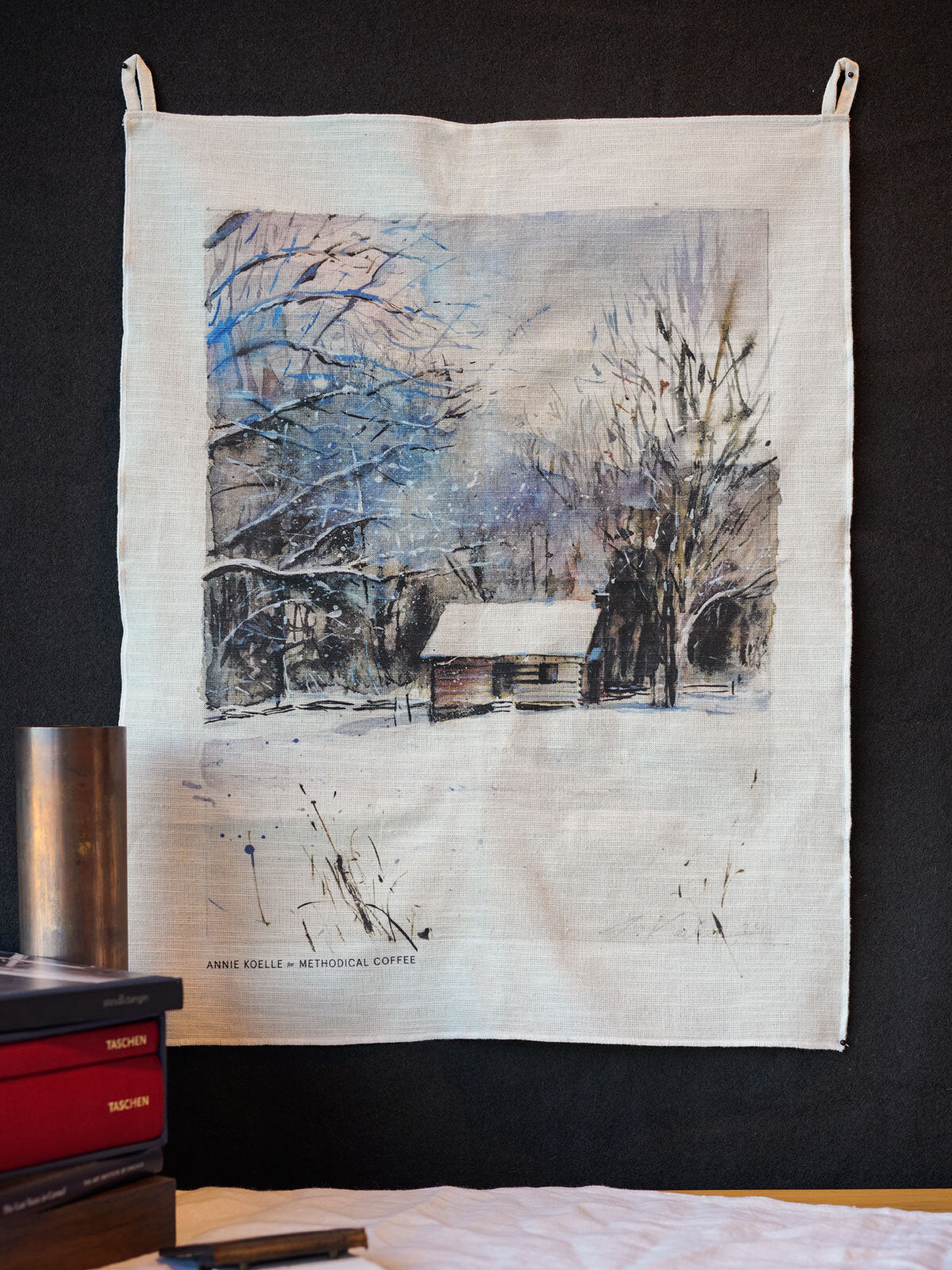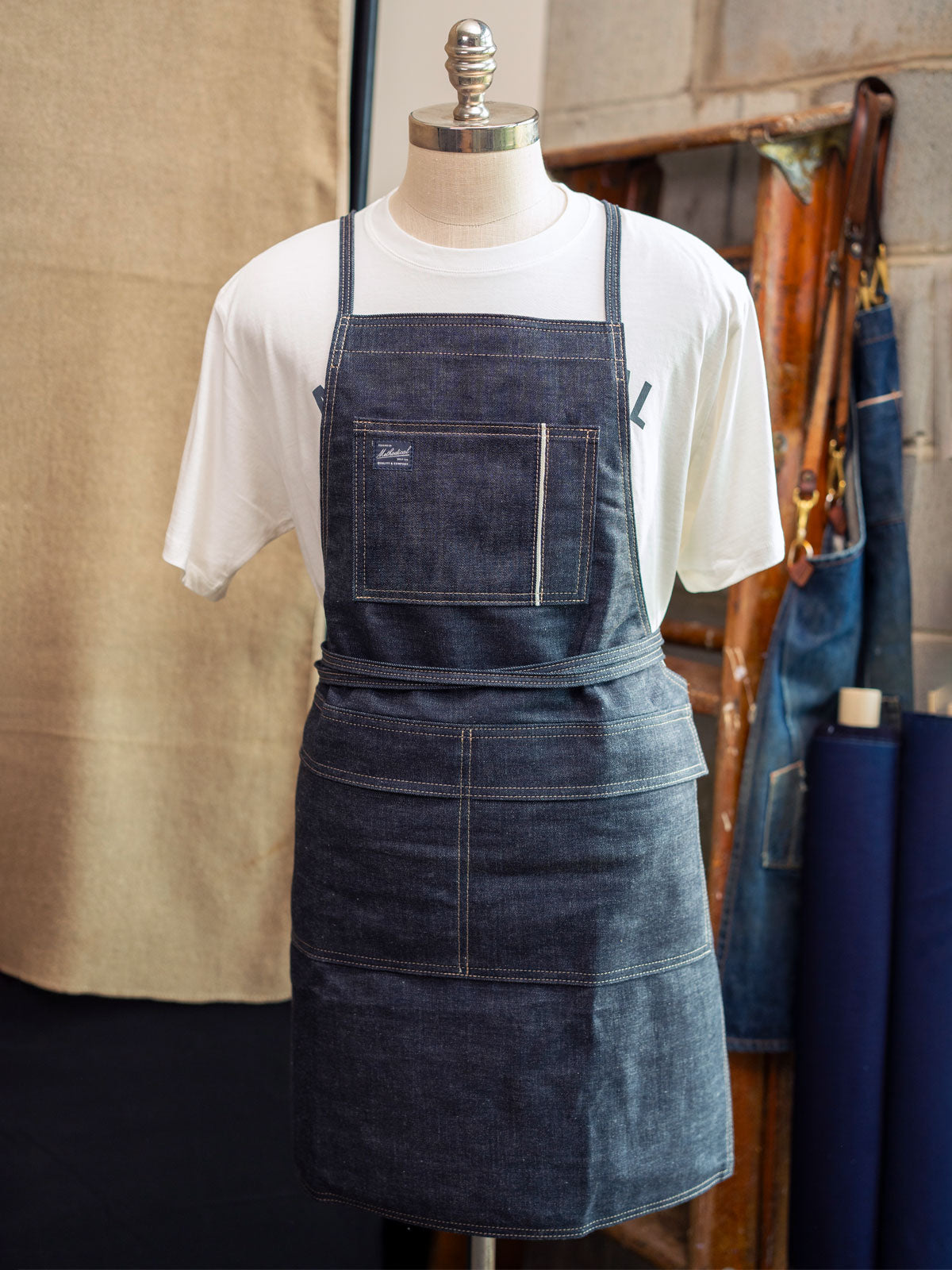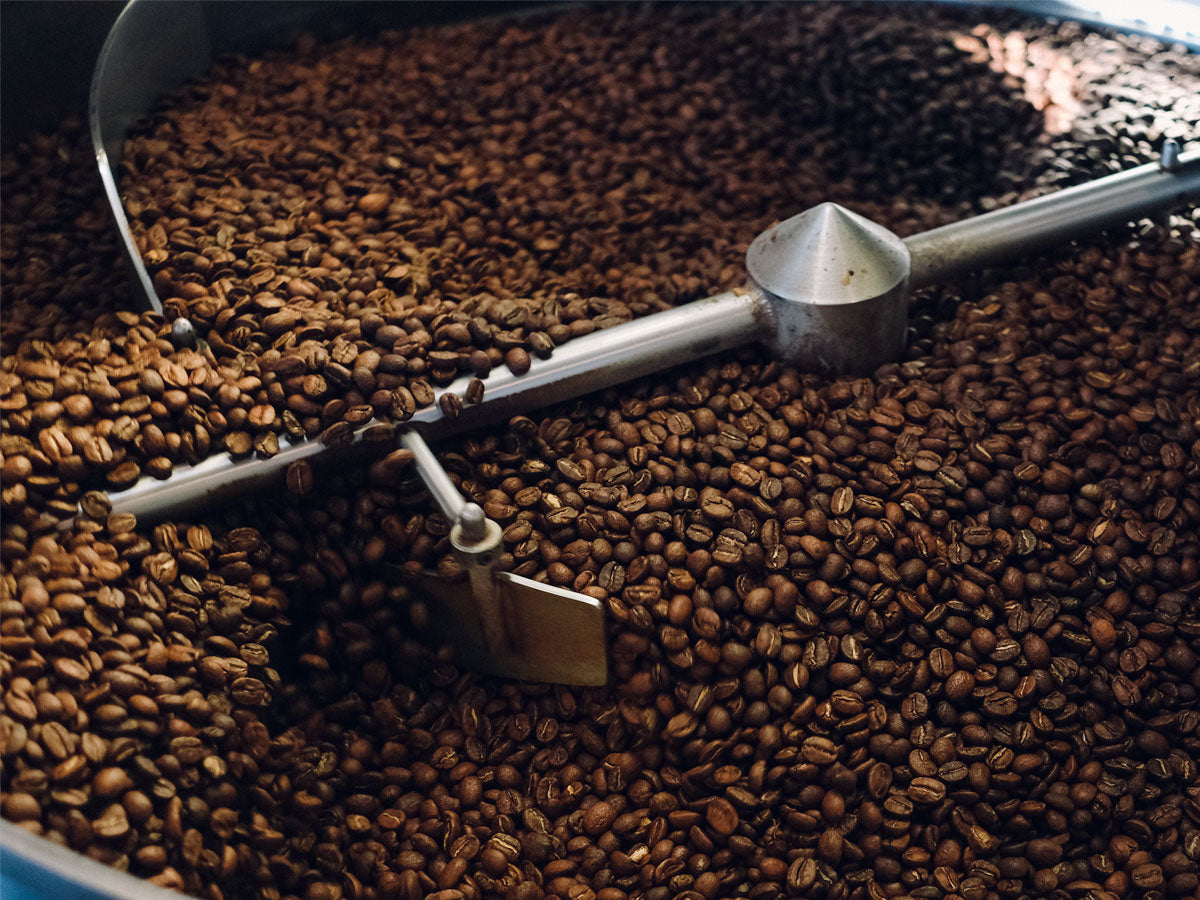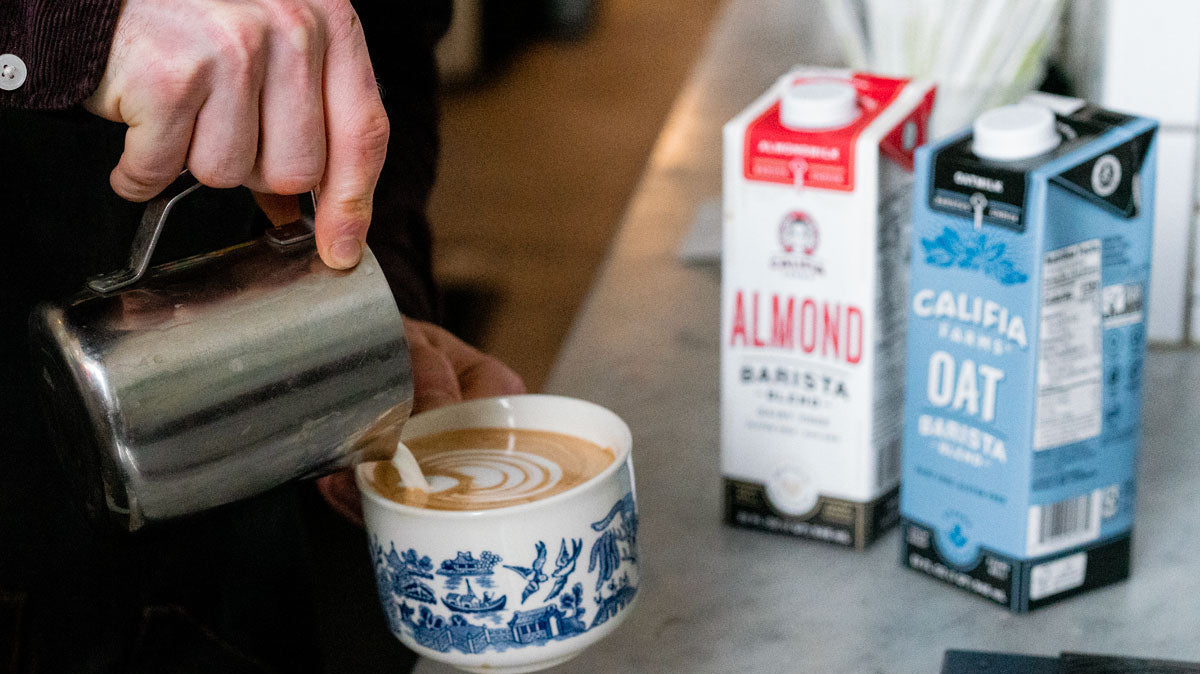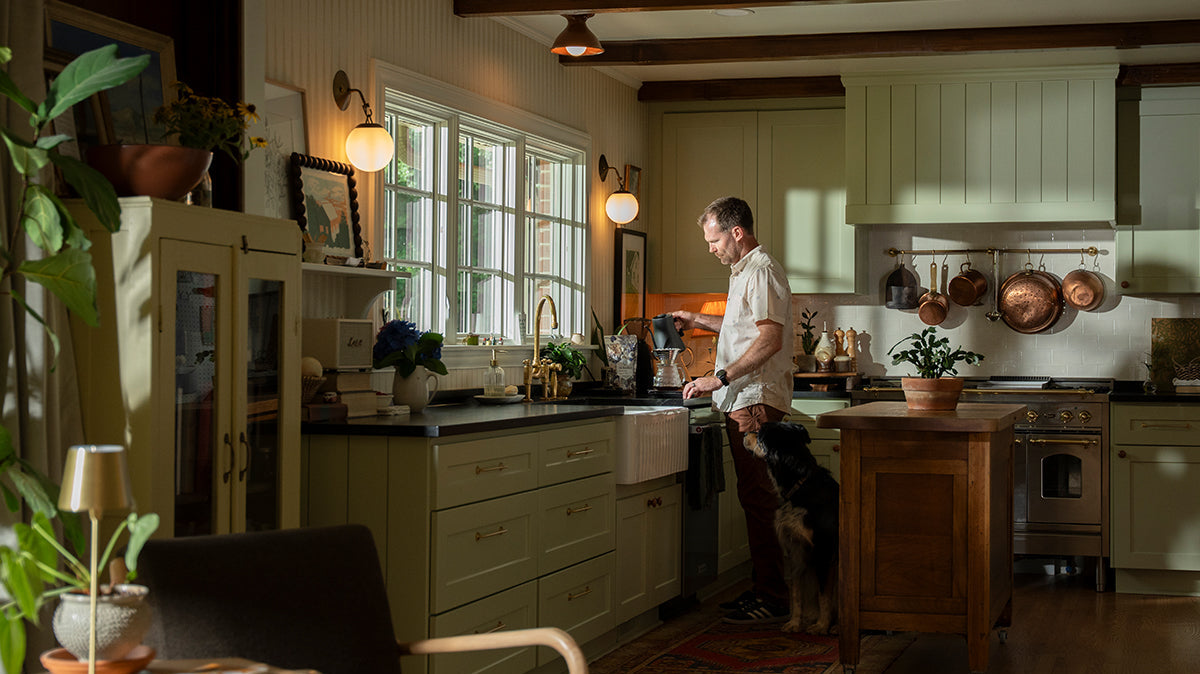Coffee enthusiasts know that the way you prepare your coffee can make all the difference in taste, aroma, and overall experience. One of the most nuanced decisions you’ll face is whether to use freshly ground coffee or pre-ground coffee. Each option has its own advantages and drawbacks, catering to different lifestyles, preferences, and brewing methods. In this guide, we’ll dive into the key differences between these two options, helping you decide which one is the best fit for your daily coffee ritual.
The Science Behind Ground Coffee
Time for a quick chemistry lesson! Grinding coffee impacts the chemical compounds and physical properties of the actual coffee beans. This process significantly affects the aroma, flavor, and quality of the coffee–and the final brew.
Storing coffee in its whole-bean form is the best way to keep it at maximum freshness and preserve its flavor for as long as possible. Why? Whole coffee beans are relatively stable because their structure protects the aromatic oils and volatile compounds from exposure to oxygen, light, and moisture–factors that can significantly impact freshness and flavor.
When coffee beans are ground, their structure is broken apart, exposing a much larger surface area to the environment. Several processes get triggered once this happens, including oxidation. Oxygen reacts with the oils and soluble compounds in the coffee, leading to the degradation of key flavor compounds. Within minutes to hours of grinding, coffee can lose a noticeable amount of its flavor.
Another process that begins once coffee beans are ground is degassing—the release of trapped carbon dioxide (CO₂), a byproduct of roasting. CO₂ helps carry the coffee’s aromatic compounds during brewing, so losing it prematurely can diminish both flavor and crema, especially in espresso.
What is Fresh Ground Coffee?
Freshly ground coffee refers to whole-bean coffee that has been ground moments before brewing, usually in small batches as needed. Specialty coffee shops and home baristas alike all swear by freshly ground coffee as opposed to pre-ground for its superior flavor and quality.
Advantages of Fresh Ground Coffee
- Flavor: Grinding coffee moments before brewing ensures that you get the most flavor out of the beans.
- Freshness: Freshly ground coffee has a noticeably brighter, more nuanced flavor profile compared to pre-ground.
- Control: Grinding beans just before brewing allows you to dial in the grind to your exact specifications, optimizing the coffee to your chosen brewing method and flavor preference.
- Ritual and experience: Grinding coffee adds to the wonderful sensory experience of brewing coffee, adding both sound and smell to the process.
Disadvantages of Fresh Ground Coffee
- Requires additional equipment: To grind coffee fresh, you need a grinder, which can be an added expense. Low-quality grinders, especially blade grinders, may produce inconsistent grinds, negatively affecting the brewing process.
- Time consuming: Grinding coffee adds an extra step to the brewing process, which may not be ideal for those with tight schedules.
- Learning curve: Achieving the correct grind size for different brewing methods (pour over vs. French press, for example) can take practice. Beginners may struggle with finding the right balance between grind size, brew time, and coffee-to-water ratio.
- Short-term storage challenges: Freshly ground coffee has an extremely short window of peak freshness. If not used immediately, it can lose its aroma and flavor. Grinding more coffee than needed can lead to waste or stale leftovers.
What is Pre-Ground Coffee?
Pre-ground coffee has been ground in advance by the manufacturer or retailer and packaged for sale. Pre-ground coffee is largely sold in commercial grocery stores and used in fast food applications. Though grind size varies, pre-ground coffee is usually prepared for use in drip coffee machines.
Advantages of Pre-Ground Coffee
- Convenience: Pre-ground coffee is extremely convenient, eliminating an entire step in the coffee brewing process.
- Accessibility: Pre-ground coffee is readily available and doesn't require a grinder.
- Cost: Since pre-ground coffee is usually mass-produced, it is often cheaper than whole-bean coffee.
- Situational use: If you need to make a large batch of coffee, like for a party, pre-ground beans could be more efficient than grinding a large amount of coffee beans at one time.
Disadvantages of Pre-Ground Coffee
- Reduced freshness: Even in vacuum-sealed packages, pre-ground coffee cannot maintain peak freshness as long as whole beans.
- Limited control: You cannot adjust the grind size, which may not be optimal for all brewing methods. Using pre-ground coffee for the wrong method may lead to over- or under-extraction.
- Flavor deterioration: Coffee oils, which carry much of the flavor, can oxidize and turn rancid over time. Exposure to light, moisture, and air during storage can further degrade the taste.
Freshly Ground Coffee vs. Pre-Ground Coffee
Let’s see how the two compare in terms of flavor, convenience, storage, and more.
Flavor and Freshness
- Freshly ground coffee retains the maximum possible flavor of the whole bean, resulting in a fresh and nuanced cup of coffee. This freshness will also be consistent cup to cup.
- Pre-ground coffee tends to have less flavor compared to whole-bean coffee that’s been freshly ground. Pre-ground coffee also loses flavor and freshness faster the longer it sits unused.
Convenience
- Freshly ground coffee requires extra time and effort to grind beans before brewing, but is ideal for coffee enthusiasts who enjoy the ritual of making coffee.
- Pre-ground coffee is ready to use right out of the package, saving time during busy mornings. It’s perfect for casual drinkers or those who value speed over freshness.
Equipment and Budget
- Freshly ground coffee requires a grinder, preferably a burr grinder. A quality burr grinder (manual or electric) costs anywhere from $50 to $300+. You might also experience a learning curve to understand grind sizes for different brewing methods.
- Pre-ground coffee requires no additional equipment, making it cost-effective upfront.
Brewing Method
- Freshly ground coffee offers flexibility to adjust grind size for different brewing methods, whether you need a coarse grind for French press or a fine grind for espresso. This ensures better extraction and flavor matching.
- Pre-ground coffee is usually ground for medium-coarse drip coffee machines, which is great if that’s your preferred brewing method. Otherwise, you’re limited in the ways you prepare your coffee.
Lifestyle and Habits
- Freshly ground coffee suits folks who enjoy the process of coffee preparation, from actually grinding the beans to drinking the coffee itself.
- Pre-ground coffee is more suitable for on-the-go lifestyles or occasional coffee drinkers. It’s also easier to store and transport compared to whole beans.
Storage and Longevity
- Freshly ground coffee is best when ground just before brewing; storing ground coffee for later use defeats its purpose.
- Pre-ground coffee can be vacuum-sealed for longer shelf life but will still lose freshness faster than whole beans.
Should You Choose Fresh Ground or Pre-Ground Coffee?
Deciding between freshly ground coffee and pre-ground coffee depends on several factors, including your coffee preferences, lifestyle, budget, and the importance of freshness to you. Here’s a super quick guide to help you make the decision.
Choose freshly ground coffee if…
- You prioritize the best possible flavor and aroma.
- You enjoy experimenting with coffee and want control over grind size.
- You consume coffee regularly and can grind beans just before brewing.
Choose pre-ground coffee if…
- You’re less sensitive to subtle differences in flavor.
- You’re okay with a slight loss in freshness for the sake of convenience.
- You drink coffee occasionally, making it impractical to invest in a grinder.
Tips for Maximizing the Freshness of Your Coffee
Follow these tips to preserve the flavor and freshness of your coffee, whether you buy whole bean or pre-ground.
General Coffee Storage Tips
- Use an airtight container: Store coffee in a container with a tight seal to minimize exposure to air. Vacuum-sealed containers are ideal for long-term freshness.
- Keep away from light: Light accelerates the degradation of coffee. Use an opaque container or store it in a dark place.
- Avoid heat and moisture: Store coffee in a cool, dry area, away from heat sources like ovens or direct sunlight. Avoid refrigeration, as condensation can introduce moisture.
- Limit air exposure: Minimize how often the coffee is opened by storing it in smaller portions if possible.
For Whole Bean Coffee
- Grind as needed: Grind only the amount you need for each brew. This preserves the beans’ volatile oils and flavor compounds.
- Buy in small quantities: Purchase coffee in amounts you can consume within 2-3 weeks for peak freshness.
- Invest in quality storage: Use specialty coffee canisters with degassing valves that release CO₂ while preventing oxygen from entering.
For Pre-Ground Coffee
- Choose high-quality packaging: Opt for pre-ground coffee that comes in vacuum-sealed or nitrogen-flushed packaging to maintain freshness until opened.
- Transfer to an airtight container: After opening, immediately transfer the coffee to an airtight, opaque container to minimize exposure to air and light.
- Use quickly: Pre-ground coffee is most flavorful within 1-2 weeks after opening. Avoid buying in bulk unless you consume it quickly.
- Match to your brewing method: Buy pre-ground coffee that is specifically ground for your brewing method (e.g., espresso, drip, or French press) to ensure optimal flavor extraction.
The Bean Makes the Brew
Whether you choose freshly ground coffee for its unmatched freshness and flavor or pre-ground coffee for its convenience and simplicity, the right option ultimately depends on your priorities and brewing habits. As long as you purchase from roasters who value producing high quality coffee from sustainable sources, you’ll end up with a delicious cup of coffee every time.Looking for whole-bean coffee you can grind fresh at home? Browse our selection of light, medium, and full-bodied coffees to find your perfect match today!
Continue expanding your coffee knowledge with these guides:


